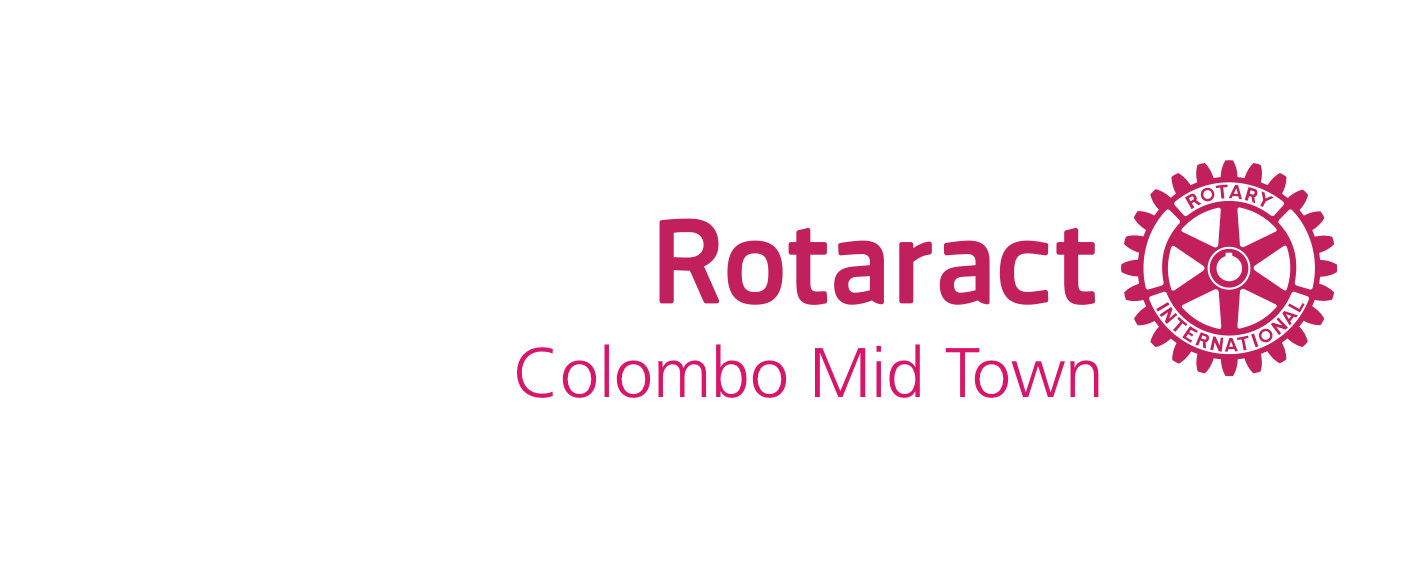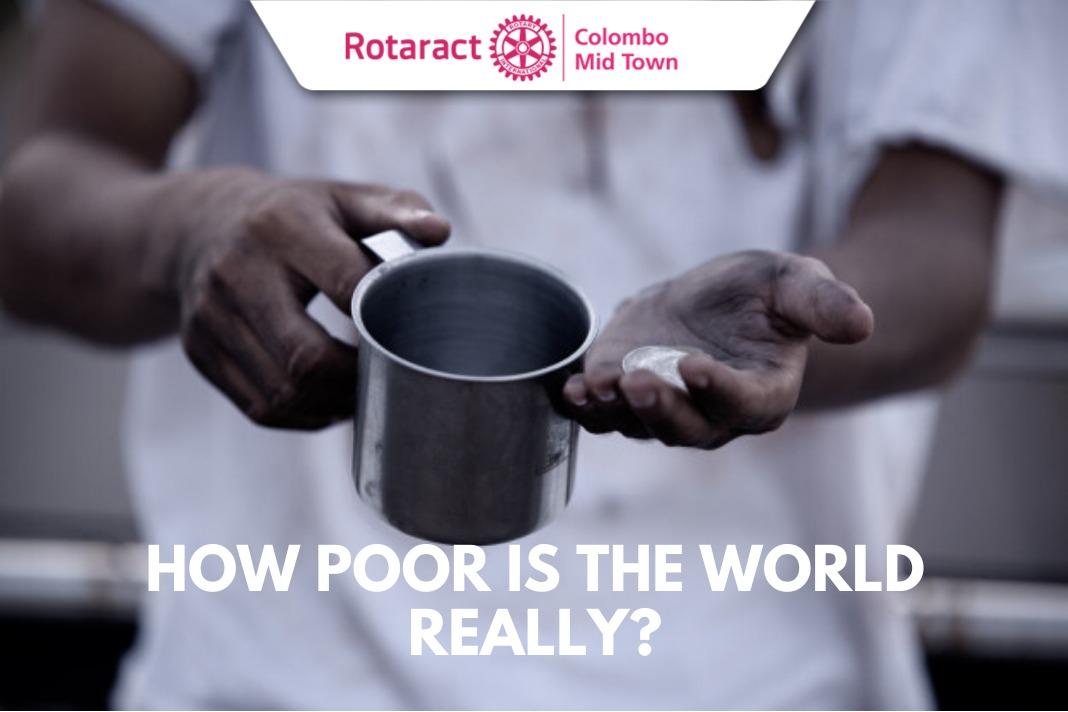Over 700 million people around the world is living in less than 350 LKR a day. And sadly they live among us and we have no clue. With 350 LKR per day people struggle to find access to basic needs such as food, health and education.
And out of this people that live in extreme struggle the majority (70% to be precise), lives in the Southern Asia and sub-Saharan Africa and right now, there are over 30 million kids growing up extremely poor in the world’s richest countries.
According to PovcalNet, with the impact caused by COVID-19 is likely to be the cause of the first increase in global poverty since the financial crisis in Asia in 1998.

According to the above the population that lives in 350 LKR per day is likely to increase by another 0.6% if the situation continues.
While the main reasons of poverty lies in factors such as unemployment, social exclusion, disaster and other phenomena that affects these people from being productive, the main reason for the 0.6% increase is the impact of the virus on economic activity and the number of people living close to the international poverty line.

Can we really end poverty? You might ask.
Surprising as it sounds we actually can. This is where the SDG GOAL NO1 comes in.

Although SDGs came into being in 2015 and is considered to be for the next 15 years if you consider the previous set of goals MDGs (millennium development goals) started in 2000 to 2015, we are talking about 30 years. And according to the calculations of the economist Jeffrey Sachs, it is believed that in order to end extreme poverty in the entire world, we need $175 million dollars per year for 20 years.
As large as this amount sounds, this represents less than one percent of the combined income of the richest countries in the world.
What can you do you may ask?
If you are a young person,
- Engage in policy making and let your voice be heard such that another young person regardless of his/ her life struggle is ready to stand up and built their future.
If you are a policy maker,
- The government can create an environment to generate job opportunities for the poor and the marginalized.
If you work in the private sector?
- As an engine of economic development, the private sector has a significant role to play in deciding if the development it generates is sustainable and thus leads to reducing poverty.
If you are reading this, be grateful. You are not in the 41% of the global population that does not have access to the internet.
If you have lights and switches around your house, be grateful. You are not one of the 13% of the world that does not have access to electricity.
If you have food on the table and does not have to stress on when and how you are going to find your next meal, be grateful you are not one of the 11% of the global population that does not have access to a proper meal daily.
So before you complain about how there’s only rice and curry at home in the quarantine months, think again. The numbers above are in general; regardless of a pandemic situation. Imagine their lives when you are not even allowed to go out of your homes.
Be grateful always.
By Rtr. Sajani Mayadunne | Email: sajanimayadunne@gmail.com



